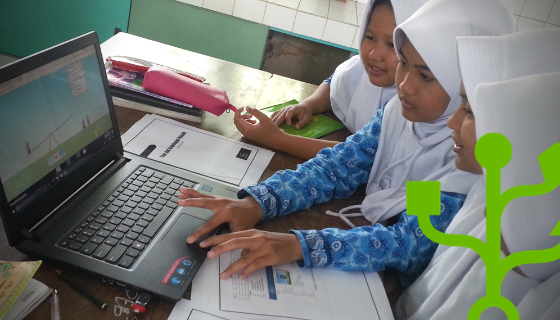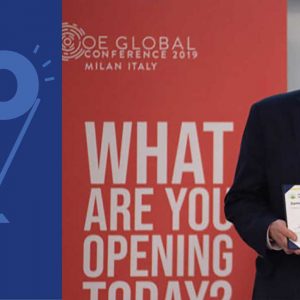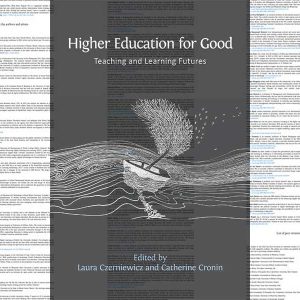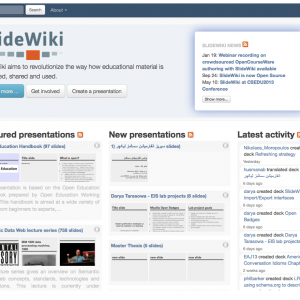The PhET Interactive Simulations team has created a collection of 150+ open educational simulations for teaching science and math, from elementary school through university. With translations into 93 languages and over 100 million uses per year, teachers around the globe are using PhET simulations to make science and math more engaging and accessible for all learners.
Founded in 2002 by Nobel Laureate Carl Wieman, the PhET Interactive Simulations team has been a leading innovator in educational simulations. Going beyond traditional educational resources and based on extensive education research, PhET simulations offer an intuitive, game-like environment where students can learn through exploration, where dynamic visual representations make the invisible visible, and where science and math ideas are connected to the real-world.
The team has partnered with a diverse and growing number of open education projects to increase access, including Openstax, the NROC project, Learning Equality, Gooru, and OER commons, among others. In addition, the projects’ community of educators and translators have created and shared nearly 2,000 sim-based lessons and 9,313 simulation translations for use by teachers and students globally. The PhET team’s commitment to increasing access and inclusion in STEM learning continues with its pioneering work to make simulations accessible for students with disabilities and learning differences.
The PhET project has been supported over the years by the University of Colorado, the William and Flora Hewlett Foundation, the National Science Foundation, the Gordon and Betty Moore Foundation, Google.org, the O’Donnell Foundation, King Saud University, and the Kavli Foundation, as well as by gifts from individual and corporate donors.



